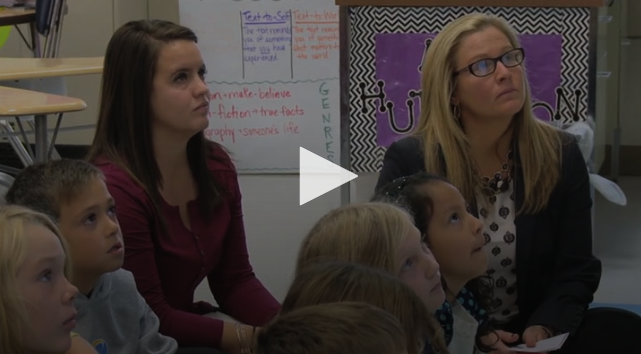If everyone is moving forward together, then success takes care of itself.
— Henry Ford
Growth is a continuous journey. A journey facilitated by routine opportunities to learn, practice, and develop. Inasmuch, teacher professional development must reflect this continuous learning process and move beyond one-off training sessions because routine opportunities to collaborate with peers strengthen teacher practice and behavior.
Dignitas is a leading education development organization whose mission is to equip and empower educators who will transform opportunities for the next generation. At Dignitas, we imagine a world where all schools are a vibrant place for all children to develop the skills and strength of character to thrive and succeed. We partner with schools in Kenya and South Sudan to ensure quality teaching and learning happens through coaching, professional development, and professional learning communities (PLCs).
.webp)
The notion of reflective practice and collaboration is emerging across East Africa. In my role, I lead the program team to ensure school leaders foster the requisite mindsets and skills to promote a culture of professional learning.
The first step is to internalize the importance of embracing a growth mindset. Every member of the school team must see themselves as a change agent. Moreover, egos need to be addressed and monitored. Once teachers embrace a spirit of continuous improvement, PLCs can become a habit.
Dignitas trained teachers to leverage intra-school and inter-school PLCs to maximize teacher effectiveness, to problem solve to increase student learning, and to maintain a culture of continuous learning and development. Here’s what I’ve learned throughout my work thus far, and these learnings can be applied in schools around the world. To help schools establish and facilitate PLCs for the first time, follow these recommendations:
Keep it Simple
Establishing a culture of collaboration through PLCs can seem daunting. To successfully launch your PLCs, begin with a simple process. Before introducing complex protocols, teachers must practice the habit of reserving time for reflecting and sharing. Once teachers are comfortable sharing transparently, protocols for analyzing student work are introduced. As teachers become more familiar with this process, PLCs start taking various structures (e.g., grade-level PLCs, subject-specific PLCs).

VIDEO: Creating a Culture of Collaborative Learning
Set and Review Shared Goals
When Dignitas begins a partnership with a school, school leaders are encouraged to set clear, schoolwide, and individual behavioral and academic goals for all students. These goals are rigorous and shared amongst the staff, and the team continues to reflect on the progress made towards each goal. The goals remain the focus of PLC meetings, hold teachers accountable, and maintain student learning as the focus. When teachers discuss students and student learning, teachers are willing to share freely without fear of personal criticism.
Share the Mic
PLCs require joint collaboration from all in attendance. One misconception is that the school leader runs the show. Conversely, all members must contribute to ensure the PLC is effective. Teachers should alternate leading PLCs based on needs and areas of expertise on the team.
Be Flexible
PLCs will vary from school to school. Instead of trying to replicate what worked elsewhere, allow the team to own PLC meetings. With clear goals and a repertoire of protocols, teachers have creative license to leverage PLC meetings to meet their needs.
Through my work at Dignitas, I’ve seen how PLCs can transform the culture of a school. Whether you’re introducing PLCs for the first time or strengthening ones already in place, I hope these five tips will help you along the way!
To learn more about Dignitas, check out our website.






